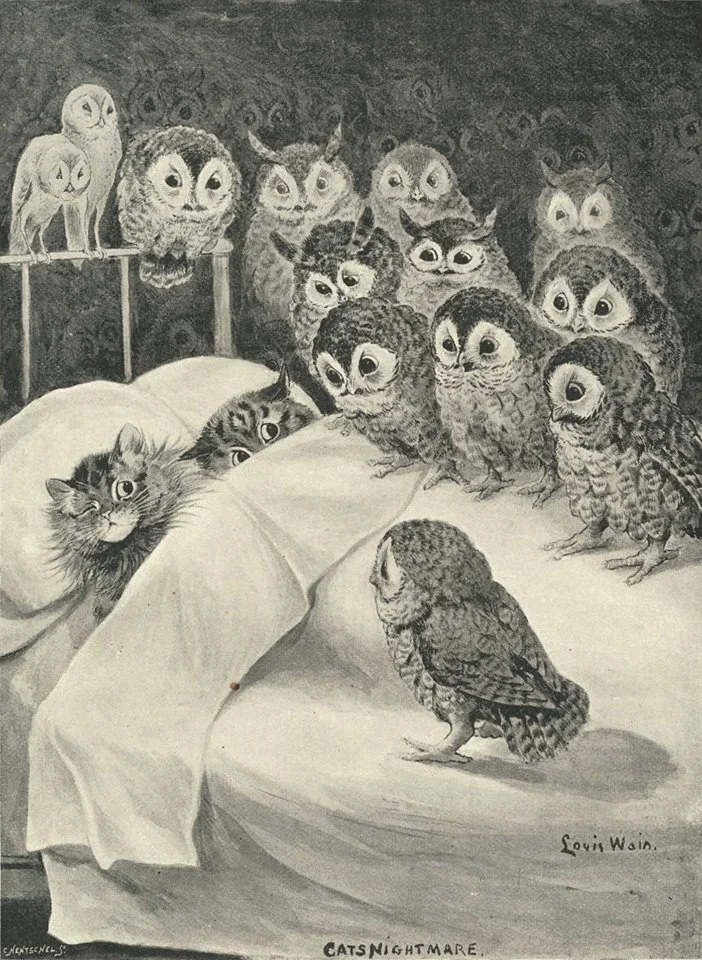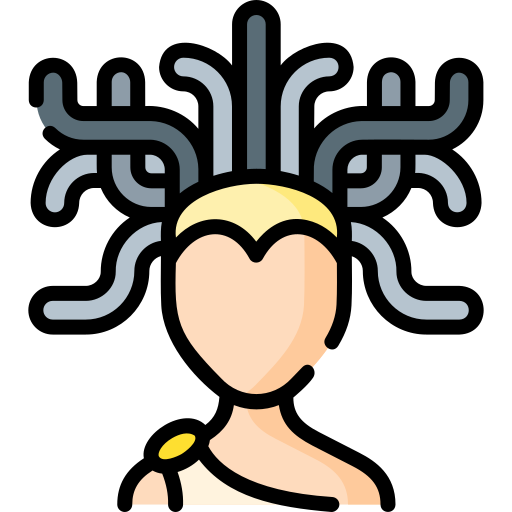Is the Easter Bunny pagan? Probably not. It seems to have been invented by German-speaking Protestants sometime in the 1600s.
Bibliography:
Stephen Winick, “Ostara and the Hare: Not Ancient, but Not As Modern As Some Skeptics Think,” Library of Congress Blogs, April 28, 2016.
Stephen Winick, On the Bunny Trail: In Search of the Easter Bunny, Library of Congress Blogs, March 22, 2016


TL;DR: I don’t care about rabbits or hares. I’ll focus on the goddess Ēostre, linguistic reconstruction, and the work of Jacob Grimm. I don’t know if Grimm’s prediction was right or wrong, but I do know that neither his work nor his prediction deserve the disdain this youtuber shows.
Check around 8:00~9:00 for context.
The youtuber is equating “no direct evidence”, “linguistic argument” = “unsupported assumption”.
Grimm’s prediction is backed up by the comparative method, so neither “unsupported” nor “assumptive”. (Also note the misuse of the word “Germanic”, as if it excluded English speakers - it shows the youtuber doesn’t know what he’s talking about.)
Okay, this guy needs to shut up and sod off.
The plural shows he’s assuming Holzmann was a folklorist; he wasn’t. He was a philologist transparently talking about something outside his field of expertise, as it was related to his own field.
Grimm however was a folklorist, plus philologist and linguist. And what Grimm did in Teutonic Mythology was to apply the comparative method to a bunch of words:
Proto-Germanic *au becomes Old High German /o:/ ⟨ô, o⟩ and Old English /æ:ɑ/ ⟨ēa⟩ or /e:o/ ⟨ēo⟩ depending on dialect, but it’s kept “as is” in Old Norse. Those words are clearly cognates, so at least the name of the goddess was inherited by Old English from Proto-Germanic, it’s not some random word borrowed from Brittonic or Latin.
Some could say that the word was inherited, but the concept of the goddess wasn’t. So let’s look at the semantic scope of those words:
All those have to do with the Sun appearing in the sky. With #2 and #4 being clearly religious and related to primordial beings.
Now let’s look into other Indo-European branches:
…isn’t “dawn” when the Sun appears?
There’s an obvious pattern here: Indo-European religions deifying when the Sun appears, often into a goddess. By Ockham’s Razor, the only sane conclusion is that the concept of the goddess Ēostre was inherited by OE speakers from PIE. And if it was inherited, it was present in Proto-Germanic.
So it’s present in the ancestor (Proto-Germanic), one descendant (Old English, North Sea Germanic), and it pops up partially in the religion from speakers of a different branch (Old Norse, North Germanic). Given Grimm’s focus on Germanic languages spoken in the continent, it was only natural to predict that some reference to the goddess would pop up in Old High German (Elbe Germanic). And, if it does, he predicted the name for that goddess through the comparative method - *Ôstara.
All that shit that I said shows that what Grimm did was not unsupported or assumptive. It wasn’t even “creative”. It’s a lot like the predictions Mendeleev was doing with chemical elements following specific patterns based on weight - if you know enough about something in a nascent science, you’re bound to find patterns.
Perhaps Grimm’s prediction was wrong, like Mendeleev claiming that iodine was heavier than measured. Perhaps Elbe Germanic speakers ditched the myth too early to be attested. Or perhaps it’s correct, like Mendeleev’s prediction of gallium, and somewhere in the continent you’ll find a reference to some *Ôstara goddess.
By the way, plenty Germano-Roman inscriptions were found in Germania inferior, containing references to some “Austriahena mothers”. You can find the inscriptions here, look for the text “austriahe”. This (~200CE?) is from Proto-Germanic times, not any specific branch, but it does give some weight to Grimm’s prediction.
The creator’s statements appear to be rooted in the source, “On the Bunny Trail: In Search of the Easter Bunny.”
You may be interested in the discussion under the article between commenter J.H. and the author Stephen Winick, where Winick explains his reasoning on the matter.